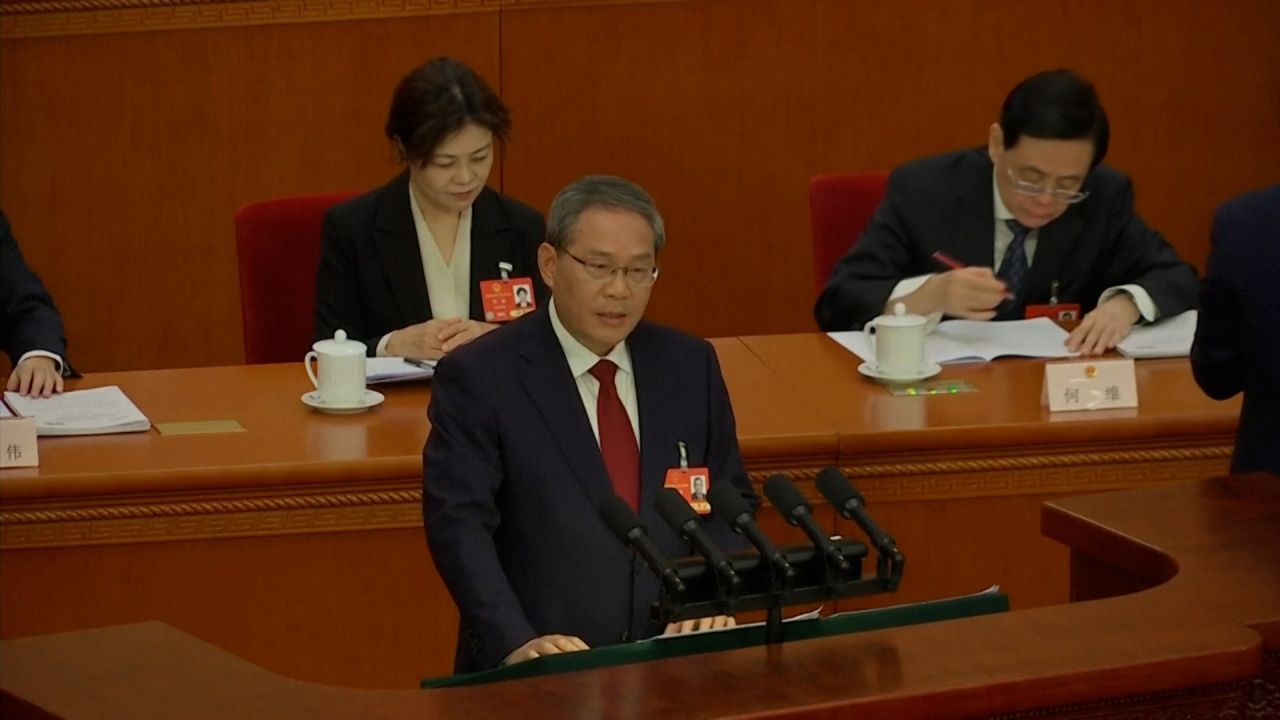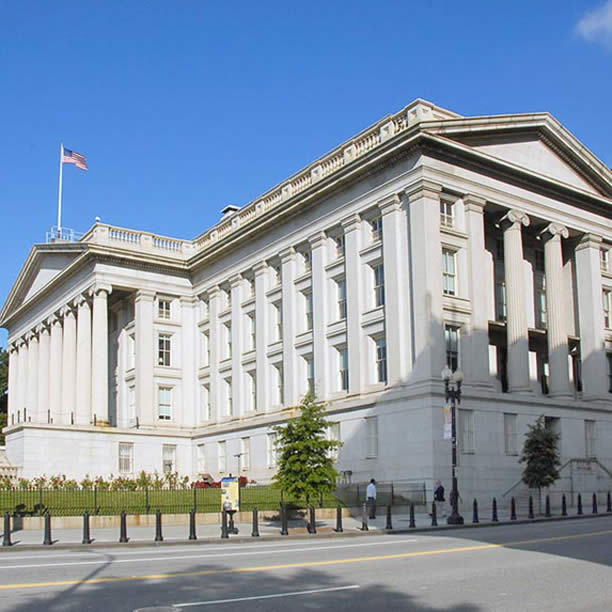As the clock ticks down to August 1, the Trump administration"s reckless trade strategy looms over the U.S. economy like a dark cloud. Treasury Secretary Scott Bessent has announced that countries failing to negotiate new trade deals with the U.S. will face a return to the crushing tariffs imposed in April. This is a desperate gamble that could cost over 1 million American jobs, primarily in manufacturing and agriculture, while exacerbating existing wealth inequalities.
Tariff Threats and Economic Fallout
According to a recent report from Axios, Bessent stated that countries not securing a deal would revert to higher tariff rates, effectively giving them an ultimatum. This comes amidst an ongoing economic recovery that is fragile at best. The uncertainty surrounding these tariffs risks re-igniting the chaos that previously sent stock markets spiraling and consumer confidence plummeting. A revival of these tariffs could reverse recent gains in the economy, particularly for working-class Americans who are already struggling with stagnant wages.
Job Losses in a Fragile Economy
The implications of a renewed tariff regime are stark. Agriculture and manufacturing sectors, which employ millions, stand to be hit hardest. Reports indicate that the trade war has already cost jobs in these sectors, and a return to April"s tariff rates could intensify this trend. The administration’s preference for unilateral tariff letters over negotiations, as stated by Trump, reflects a disregard for the cooperative approach that could minimize harm to workers. This is not just a trade war; it"s a war on American jobs.

China announces 2025 growth target, acknowledges international and domestic challenges
Corporate Interests vs. Workers" Rights
This administration"s trade policy is alarmingly disconnected from the realities faced by everyday Americans. The $1.2 trillion agricultural sector is particularly vulnerable, with farmers already facing the brunt of retaliatory tariffs from trade partners. This situation underscores the crucial need for policies that prioritize workers" rights and economic justice over corporate profits. The administration"s focus on quick deals rather than substantive negotiations serves corporate interests while leaving vulnerable workers out in the cold.
Calls for Accountability and Reform
Progressive leaders are demanding accountability from the administration. It is imperative that Congress step up to protect American workers from the fallout of these misguided trade policies. As reported by AP News, the original promise of 90 trade deals in 90 days has turned into a mere handful, exposing the administration’s ineffectiveness and the detrimental impact on the economy. We need reform that focuses on equitable trade that benefits the working class, not just the wealthiest corporations.

Southeast Corner Treasury Building, Treasury and the Capitol ...
The Urgency for Progressive Solutions
As the August deadline approaches, the urgency for progressive solutions has never been more pronounced. The potential return of high tariffs is a vivid reminder that economic policy must center on equity and justice. The voices of marginalized communities, particularly those most impacted by these tariffs, must be amplified in this dialogue. It is time to shift the narrative towards sustainable economic practices that prioritize the well-being of all Americans, not just a privileged few.







![[Video] Gunfire between Iraqi security forces and Sadr militias in Baghdad](/_next/image?url=%2Fapi%2Fimage%2Fthumbnails%2Fthumbnail-1768343508874-4redb-thumbnail.jpg&w=3840&q=75)
